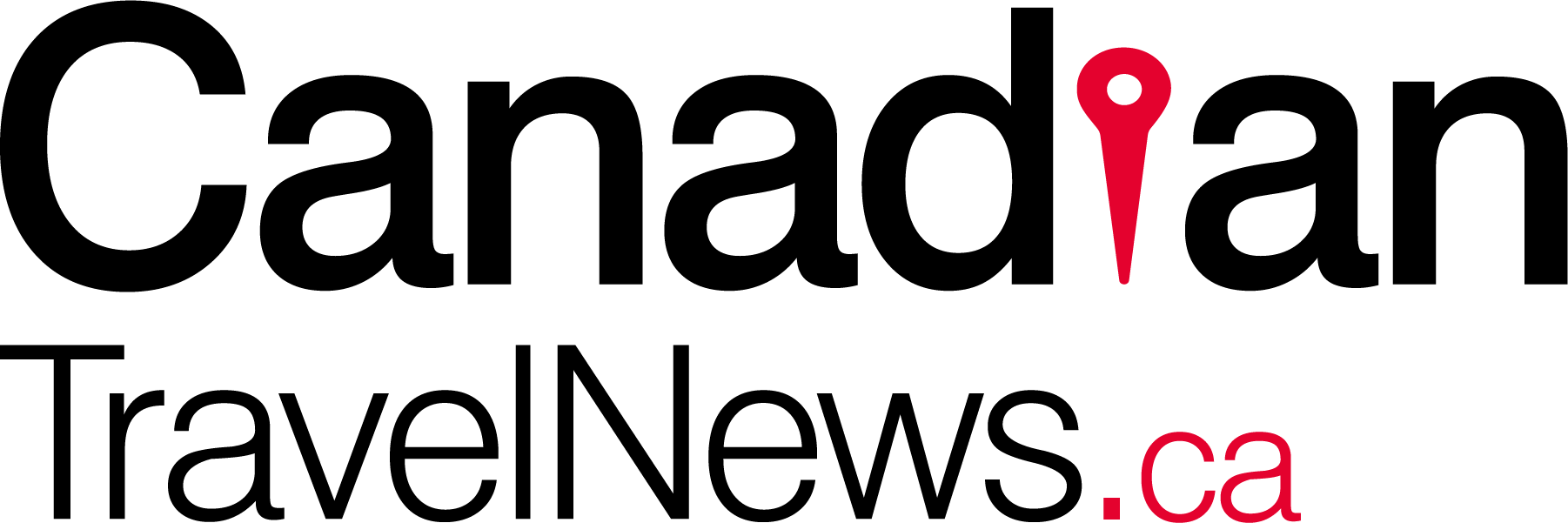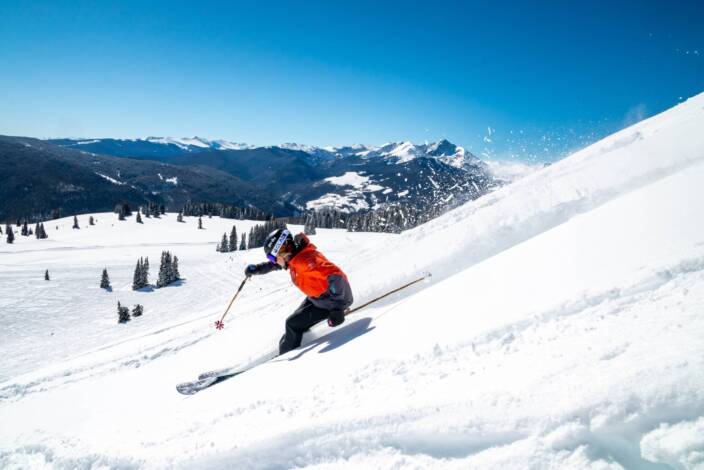
Travel Rebound Coming: Young People Will Lead The Way, Expedia Says
December 10, 2020 ctn_admin
A new study finds there’s plenty of pent-up demand for travel, and that young people will be first out of the gate.
Today at its anual partner conference, explore ’20, Expedia Group revealed key considerations shaping travel decisions in 2021 and demonstrated technology enhancements to help travellers and partners make informed decisions.
Speaking to the media on a panel discussion prior to the explore ’20 session, Cyril Ranque, President of the Expedia Travel Partners Group, said he thinks the second quarter of 2021 will see a “big, big exponential jump” in demand.
Ranque said he personally feels that, as vaccines progress around the world early in 2021, travellers will gain confidence, which will cause airlines to restore capacity.
Ariane Gorin, president of Expedia Business Services, said she agrees, but that demand will grow differently in different parts of the world.
Many travellers in 2020 have been searching for nature places and out-of-the-way destinations to enjoy. It’s nice that those areas have received added exposure this year, and hopefully that continues, Ranque said. But he said he believes cities will always attract travellers.
“Big cities will come back,” he said, because of their culture and events and restaurants and activities.
“Paris, New York and London will always be Paris, New York and London.”
Research from Expedia Group Media Solutions, the advertising organization of Expedia Group, shows that travellers need reassurance in critical areas such as flexibility, cleanliness, and communication to consider travel now and in the future.
The research reveals that one in two travellers feel optimistic – that is, comfortable or even excited – about taking a trip in the next 12 months. Though consumer confidence in travel varies by country and generation, the importance of hygiene measures, flexibility, and financial peace of mind is more universal.
Three-quarters of travellers said measures such as mask enforcement, contactless services, and flexibility, including easy refunds or cancellation policies, will inform where they visit on their next trip.
“As the world keeps a watchful eye on vaccine news, and people continue to crave a change of scenery or opportunity to catch up with loved ones, we know the pent-up demand for travel will grow,” said Monya Mandich, Vice President of Global Marketing, Expedia Group Media Solutions. “COVID-19 has driven a seismic shift in traveller preferences and influences, and understanding these changes is critical to recovery efforts and future marketing strategies. ”
Traveller trends in the next 12 months
· Globally, travellers are more likely to take trips between April and September 2021. Brazilian, Chinese, and Mexican travellers show a higher likelihood to travel even earlier, between January and March 2021, which aligns with the positive traveller sentiment also seen in those markets.
· Globally, Generation Z and millennial travellers are 1.5x more likely than other generations to take a leisure trip in January to March 2021.
· Fifty-seven percent of travellers said they would be comfortable traveling if a vaccine is widely available, which is promising given that this sentiment was captured in October, prior to the recent positive vaccine news.
· Seven in 10 travellers will look for flexibility, such as travel insurance and trip protection, full cancellations and refunds on transportation and accommodations. Expedia.com’s lodging data shows that travellers booked refundable rates 10 per cent more often in 2020 than the year before, and the new research indicates this trend is likely here to stay.

Factors influencing transportation and accommodation decisions
· Travellers want reassurances that travel providers and brands are following and enforcing pandemic protocols. Mask use and enforcement (50%), cost (47%) and easy refunds or cancellation policies (45%) will be the leading factors in future transportation decisions, though the importance placed on each varies by mode of transportation.
· For future air travel, six in 10 travellers would be most comfortable traveling if social distancing measures are in place.
· Proper COVID-19 hygiene protocols will inform future accommodation decisions for more than half of travellers, and this is the leading factor across all types, from chain and boutique hotels to vacation rentals to staying with family or friends. Additional considerations include contactless room service and takeout (24%) and contactless check in options (23%).
· Travel providers, as well as destination organizations, need to clearly communicate health and hygiene measures, pandemic protocols and flexibility to reassure and attract travellers.
Inspiring future travel
· Travellers are turning to online travel agencies for information and travel planning 24 per cent more than pre-pandemic, while destination websites saw a 20 per cent increase in use as a planning tool.
· Pictures and informative messaging in travel advertising are 20 per cent more influential than pre-pandemic, along with travel organizations and experts. This is reflective of the shift in traveller priorities – with hygiene measures and flexibility overtaking experiences and activities – and the increased importance of credible, up-to-date information from trusted sources.
Informing travel decisions
Expedia Group brands including Expedia.com recently launched the COVID-19 Travel Advisor, an interactive tool powered by Sherpa, that helps travellers find up-to-date information about travel restrictions in the destination they plan to visit, such as quarantine, face mask and COVID-19 test requirements. Travellers can enter details such as their origin and destination, departure date and the country that issued their passport to learn more before their trip.












